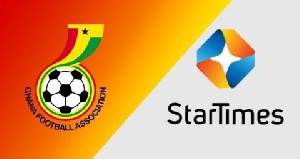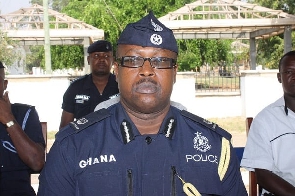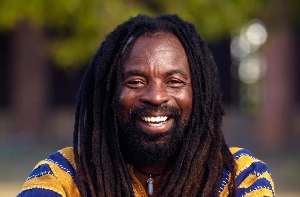Ghana football was given another black eye last Monday following the refusal by supporters of Aduana Stars FC to allow the crew of the Premier League’s Broadcast Sponsor, StarTimes, to telecast live their match with Kumasi Asante Kotoko at Dormaa-Ahenkro.
The incident not only overshadowed what was expected to be a very thrilling match, but also it has far-reaching consequences than we see it.
It was important that the Ghana Football Association (GFA) and Premier League Board (PLB), after reviewing reports on the match, issued a statement condemning the incident and referred the case to the FA’s Disciplinary Committee for further action.
According to a PLB statement, the board (which includes a representative of Aduana) took a dim view of the militant action by the home supporters, because the management of Aduana had been informed of the live telecast schedule and, therefore, should not have denied the broadcaster access to the stadium to carry out its contractual obligation.
In a separate action, the FA’s Disciplinary Committee fined Accra Hearts of Oak GH¢10,000 (GH¢5,000 suspended) for breaching the FA’s sponsorship agreement with NASCO, after the Phobians used the league’s platform for ambush marketing. It was a swift action that should calm the nerves of NASCO and also serve as a warning to other clubs that the league’s governing body is ready to bite and not just bark.
However, it is important also that the FA takes a decisive action against Aduana for breaching the agreement with StarTimes because if the club goes unpunished, it could send the wrong signals to other home teams to contemplate similar actions.
There is the suspicion that some clubs deliberately deny TV crews access to cover some crucial matches because when such games are telecast live, it makes it difficult for referees to cheat visiting sides; the reverse is the case when there are no cameras as it creates a fertile ground for the home fans to intimidate visiting sides and travelling supporters, fans and even match officials.
StarTimes expectedly issued a strong warning that it would not countenance any such militant action again as it breached its contract with the FA.
While the Graphic Sports applauds the FA and PLB for the action taken so far, it is important that the two governing bodies police their sponsorship agreements very well as flagrant breaches such as those that happened at Dormaa-Ahenkro and the ambush marketing tactics employed in Accra by Hearts could occasion the abrogation of such sponsorship deals and the clubs will be the biggest losers in the end.
Following the unilateral withdrawal by Capital Bank from their five-year title sponsorship deal, StarTimes remains the only source of sponsorship money for the 16 Premiership clubs. And even though the clubs complain that their share of sponsorship money is too meagre, they must be guided by the old maxim that half a loaf is always better than none.
Instead, the GFA, PLB and clubs must help respect and protect the sanctity of sponsorship agreements. They must find innovative ways to grow the Premier League brand by making it more competitive and attractive to other potential sponsors in order to strengthen their hand to demand more money from them.
However, the FA and PLB must take the lead as vigilant law enforcement bodies who are ready to crack the whip without fear or favour. Anything short of that could see sponsors capitalising of such breaches to walk out of the existing sponsorship agreements just as Glo and Capital Bank (formerly First Capital Plus) did and left the clubs in further financial distress.
Sports News of Monday, 19 June 2017
Source: ghanasoccernet.com

















